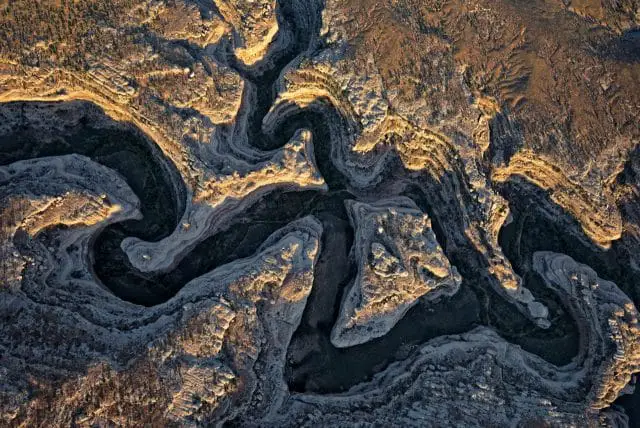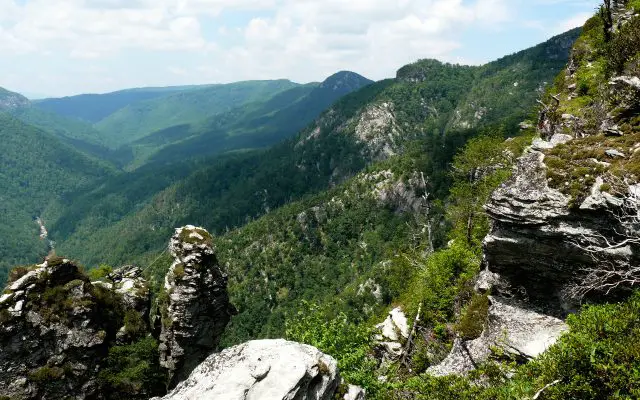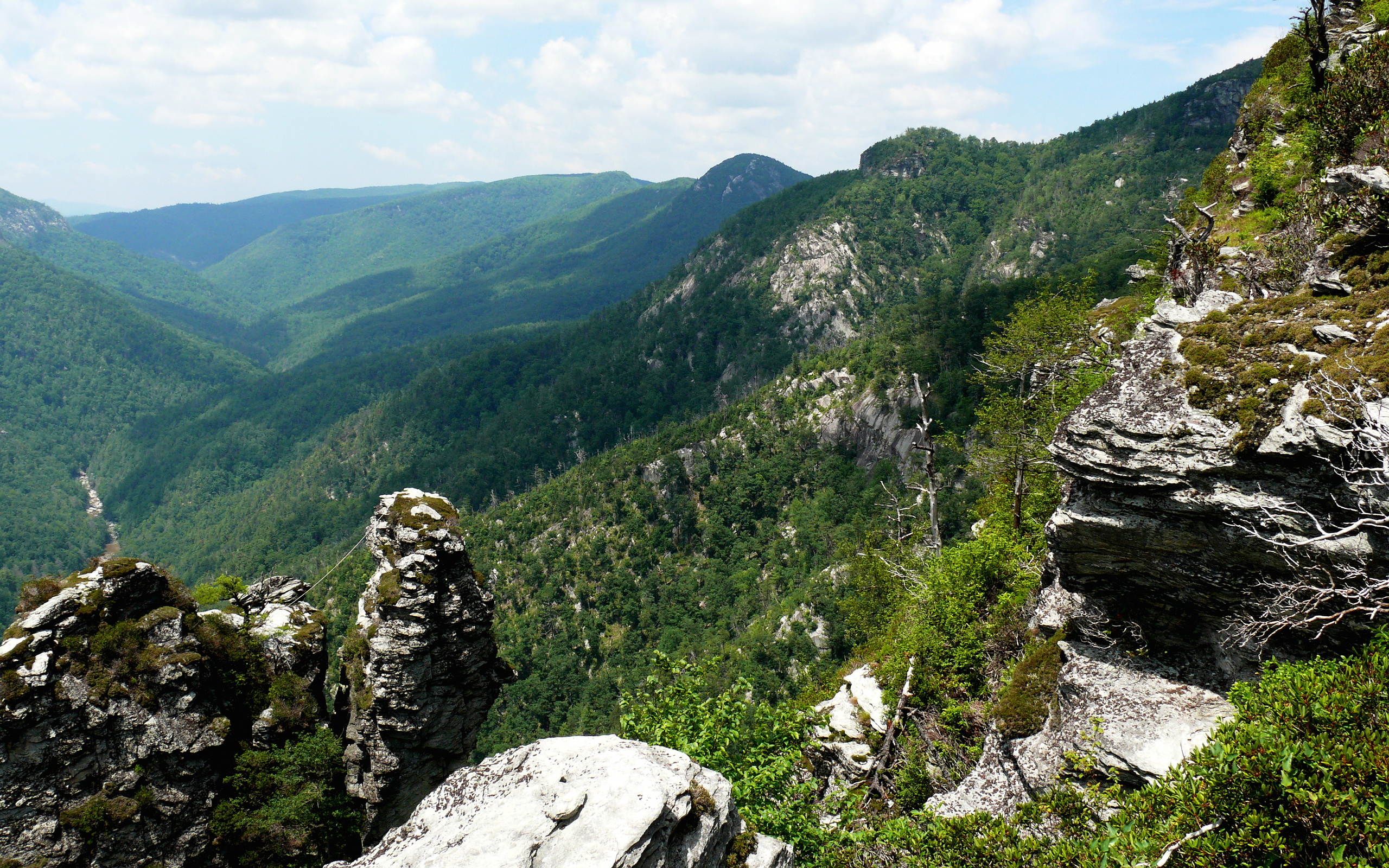There’s been a lot of controversy brewing around a bill in the U.S., catchily designated H.R. 1349, aimed at opening up wilderness access to mountain bikes and several other forms of wheeled device. It just passed a committee approval and is now going to the floor of the U.S. House of Representatives. Various groups are in Washington lobbying right now, including the International Mountain Bike Association (IMBA) and the Sustainable Trails Coalition (STC) – who are lobbying in opposition to each other.
IMBA oppose the bill, and the STC are backing it. These two organisations don’t exactly have a loving history, with former IMBA chair John Bliss fleeing to the STC then attacking them early last year. There’s also plenty of pro- and anti-IMBA social media chatter whenever these two organisations end up in the news, in some cases with whole chapters having departed IMBA to pursue more local strategies.

Like IMBA, most environmental and user groups are opposing H.R. 1349, saying it’s part of a wider push by Republican lawmakers to repeal protections on wilderness and federal lands, seemingly with the goal of opening everywhere up to industrial use. Given two other events this year alone, the argument that this isn’t simply an altruistic attempt to open up access for mountain bikers seems credible.
IMBA seem to be arguing that campaigning for this specific bit of access is not strategically wise for mountain bikers, drives a wedge between mountain bikers and other recreational outdoor groups, and does not take in a longer term or bigger picture. The organisation said in a statement just over a week ago:
“Whenever we can elevate mountain biker interests or speak out against things that would hurt us, we are doing so at the highest levels of government. A discussion about riding on federal public lands would be incomplete without IMBA.
“But with regard to amending the Wilderness Act, we simply do not think the answer to our challenges is to change a bedrock conservation law, especially right now. Public lands are being threatened at an unprecedented level, and it’s imperative that public land users come together to protect these cherished places and offer our voices in this critical dialogue.”
It seems IMBA are not against mountain bikes getting wilderness access – they’re just against this bill, at this present time. It’s a frequent criticism of IMBA that the focus on trail building rather than access though.
A lot of the specific arguments against this bill from elsewhere seem to come down to existing wilderness users, namely hikers and horse riders, arguing that the inclusion of any other trail users will ruin the purity of their wild experiences. Of course, everyone is using the biggest and smallest possible sounding numbers to make their cases. For instance, the Back Country Horsemen of America (“Dedicated to keeping America’s trails open for all”) cite that just 3% of U.S. land is designated wilderness, seemingly implying that this much land isn’t worth mountain bikers arguing for access to (a bit of maths shows that 3% of the U.S. is 3,120,426 square miles though. Which is just under four Scotlands, or a meagre eight Wales-es). The Wilderness Society lump in mountain biking with dirt biking and snowmobiling.

Often, legislative bills do seem to be camouflaged ways of getting other things done though. So with politics being so utterly, tribally partisan nowadays, we suspected this bill might be something along the lines of “opening up wilderness for mountain bikes *whisper* and fracking”, and went to read the full text. Here it is:
“A BILL To amend the Wilderness Act to ensure that the use of bicycles, wheelchairs, strollers, and game carts is not prohibited in Wilderness Areas, and for other purposes.
“Be it enacted by the Senate and House of Representatives of the United States of America in Congress assembled,
SECTION 1. USE OF CERTAIN WHEELED DEVICES NOT PROHIBITED IN WILDERNESS AREAS.
“Section 4(c) of the Wilderness Act (16 U.S.C. 1133(c)) is amended by adding at the end the following: “Nothing in this section shall prohibit the use of motorized wheelchairs, non-motorized wheelchairs, non-motorized bicycles, strollers, wheelbarrows, survey wheels, measuring wheels, or game carts within any wilderness area.”.”
So not exactly a smoking gun (or chimney, or oil derrick), but that list is a little odd. Of course nothing there is explicit about fracking, mining or logging, but that mention of “wheelbarrows, survey wheels, measuring wheels”? Those aren’t things that people typically use recreationally.
What do you think? Is this bill the thin end of a wedge? Is supporting H.R. 1349 a mis-step from the STC, or are IMBA being too conservative?
Comments (3)
Leave Reply
Post Comment

Just going for a stroll with my measuring wheel as you do, well as oil company surveyors do. They are not even trying to hide it! Good luck to the imba and “friends” they are going to need it.
The phrase at the end of the bill ontro, ‘… and other purposes’ is perfectly vague and dodgy to allow Both a metaphorical and literal bus through it. A bus that is filled with oil and gas workers.
Bicycles were always considered primitive non-motorized transport by the framers of the Wilderness Act and were not banned. That came many years later by the Sierra Club lobbyists working with USFS to “reinterpret” the Act. HR 1349 is now necessary for cyclists to regain the access they once had under the original Wilderness Act regulations between 1964 and 1977. Sierra Club opened up the Act with their lobbyists in the 70s and early 80s. HR 1349 returns the Act to its original intent after the many years of distortion by these special interests. Go STC!